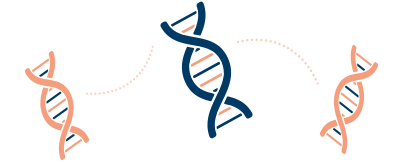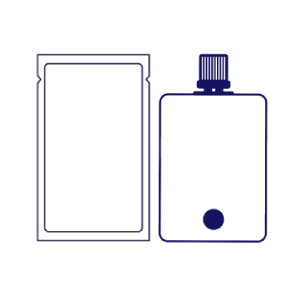The foods we eat contain different types of nutrients including carbohydrates, fats and proteins. For individuals with PKU, protein is the nutrient which is most important.
Protein is needed for growth. Foods which are high in protein include meat, fish, eggs, nuts and pulses. Some carbohydrate-based foods like flour, pasta and rice also contain small amounts of protein, whilst most fruits and vegetables are naturally low in protein.
Proteins are made up of small units or building blocks called amino acids. There are about 20 different amino acids, some of these must be provided by the diet as the body cannot make them. For this reason, they are called “essential” amino acids.
One of these essential amino acids is called phenylalanine (phe) and is found in nearly all types of protein.
PKU is a genetic condition. In individuals with PKU, phe can’t be broken down in the body so it builds up to high levels in the blood. This is toxic to the brain.
To prevent the levels of phe becoming too high, the diet needs to be very low in phe ( just enough to provide the amount required to support growth and development).
Keeping phe levels low can be achieved by following a very low protein diet. The individual will also require a protein substitute and a small amount of natural protein.
Individuals with PKU can eat foods naturally very low in protein freely, as well as specially made low protein foods.
There are four components to the diet for PKU:




